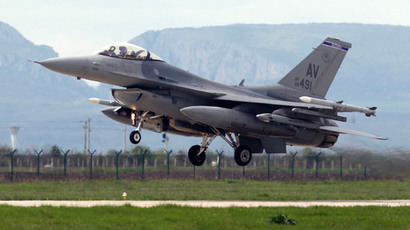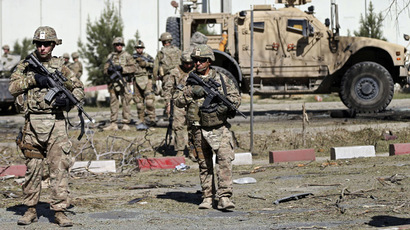Obama authorizes 1,500 more troops to Iraq
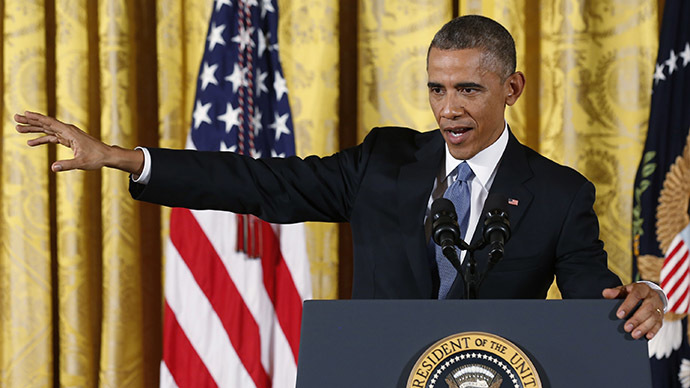
President Barack Obama authorized the US military to send 1,500 more troops to Iraq on Friday. That would nearly double the American military presence in the country. He also requested $5.6 billion for the fight against the Islamic State
The additional troops will expand the military’s role in training and helping Iraqi forces, focusing on the part of the volatile Anbar Province that is currently under Islamic State control, sources told NBC News.
Chairman of the Joint Chiefs of Staff Gen. Martin Dempsey ‒ and other high-ranking military officials ‒ have repeatedly warned that airstrikes will not be enough to defeat the brutal extremist group in Iraq and Syria.
“No one is under any illusion — under any illusions — that airstrikes alone will destroy ISIL,” Secretary of Defense Chuck Hagel told reporters at the end of September, calling Islamic State by one of its acronyms, at the end of September. “They are one element of our broader, comprehensive campaign against ISIL.”
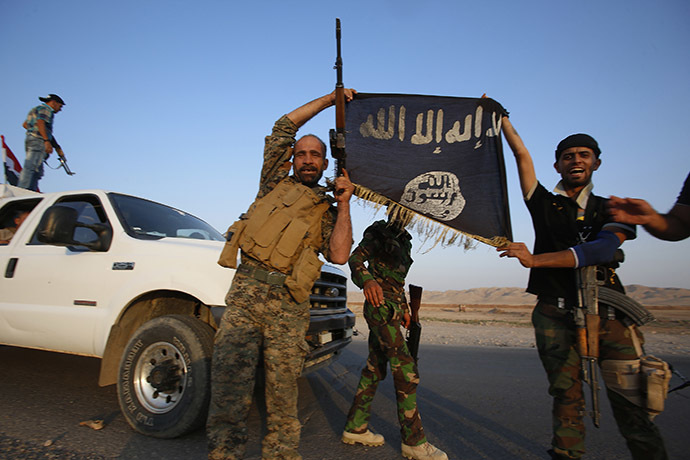
The president is seeking from Congress a new authorization in the mission that would allow American troops to use force in Iraq. Sen. Mitch McConnell (R-Kentucky), the presumed incoming Senate majority leader, has said he would welcome such a move. The current bombing campaign, which began three months ago, relies on the 2001 resolution allowing for the use of military force in the wake of the September 11 attacks.
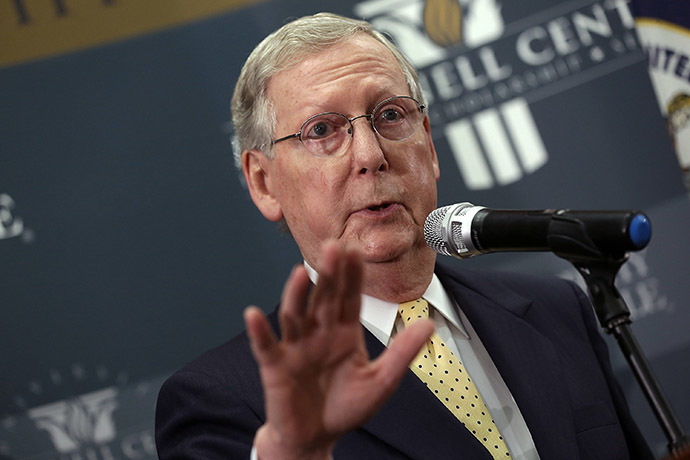
The White House will ask Congress for $5.6 billion for the operations in Iraq and Syria, which includes $1.6 billion for the new "Iraq Train and Equip Fund," the White House Office of Management and Budget said.
The US military will establish two new expeditionary advise-and-assist operations centers outside Baghdad and Erbil. The troops will train 12 brigades ‒ nine of which will be under Iraqi army command, while the other three will be Kurdish peshmerga.
Obama initially authorized airstrikes in Iraq in August, saying the action was necessary to protect American personnel. He also noted that humanitarian air drops were being made to help besieged religious minorities in the country.
At the time, Islamic State militants had trapped thousands of Yazidis – an ethnic Kurdish minority – on a mountain in Iraq where they faced “certain death.”
"I therefore authorized targeted airstrikes if necessary to help forces in Iraq as they fight to break the siege at Mount Sinjar and protect the civilians trapped there," Obama said at the time. "We can act carefully and responsibly to prevent a potential act of genocide."
From the beginning the president has repeatedly said that there would not be “boots on the ground” in Iraq, but now there will be up to 3,000 American troops in the country.
In mid-September, Hagel said US Central Command announced a plan to take “targeted actions against ISIS safe havens in Syria,” including striking infrastructure . The defense secretary also unveiled a plan to boost Iraqi forces by 1,600 US "military advisers.”
“American forces will not have a combat mission,” Hagel said. “The troops deployed will support Iraqi and Kurdish forces.”
As US actions have grown from airstrikes in Iraq to include Syria, and the number of American troops in Iraq has increased ‒ and is about to double ‒ critics are complaining of mission creep.
The cost is also growing. A defense spending expert, Gordon Adams, a professor of US foreign policy at American University, told Huffington Post at the end of September that he estimated the United States' war on the militant group could be costing taxpayers up to $1.5 billion a month.
Despite all efforts, US airstrikes weren’t able to break the siege of Kobani, Syria, and Kurdish forces there weren’t able to destroy Islamic State in that region, despite reinforcements from Iraqi Kurds. Fighting around Kobani continues today.












